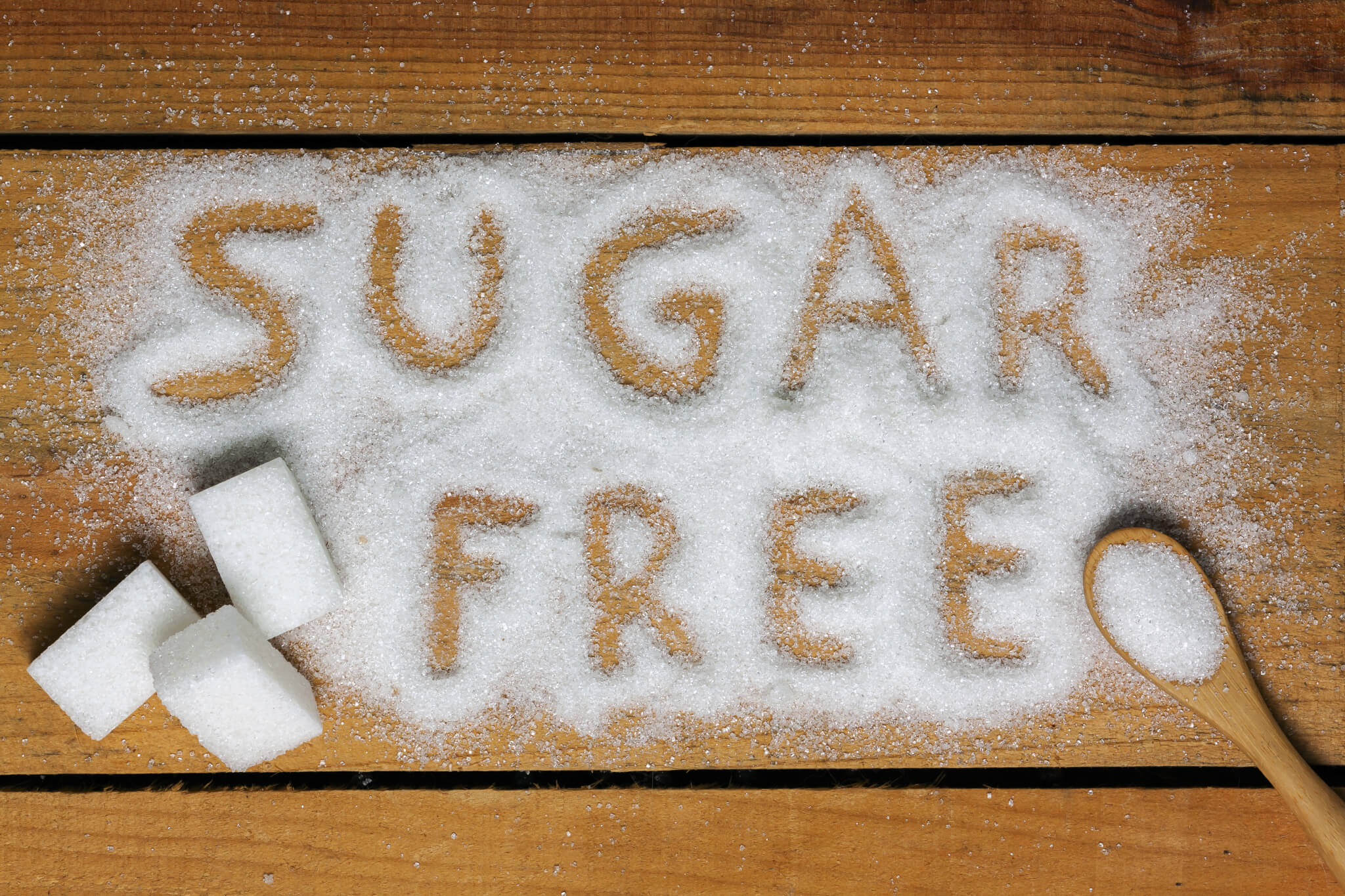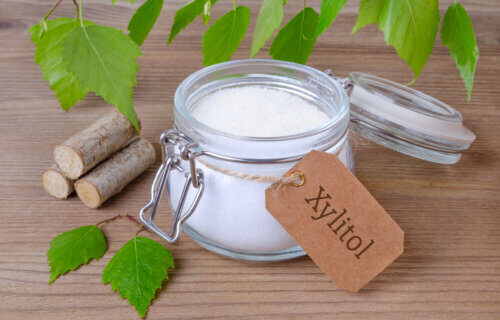If you’re trying to cut back on the added sugar in the New Year, you might find yourself reaching for sugar-free food alternatives. To fill in for the lack of sugar in alternatives like ice cream, drinks, gums, and cookies, manufacturers will often use sugar alcohols instead to increase the flavor.
While we know that added sugar has been linked to diabetes, heart disease, and other conditions, are sugar alcohols any better?
What are sugar alcohols?
Although the name might suggest differently, sugar alcohols don’t contain any sugar or alcohol at all. They are actually a natural carbohydrate derived from foods like fruits and vegetables. In addition to popular desserts and chewing gum, you’ll commonly find them in sugar-free products including protein or energy bars, yogurts and other dairy products, and even in throat lozenges.
Some of the most common ones you’ll find on a label are:
- Erythritol
- Maltitol
- Mannitol
- Sorbitol
- Xylitol
Food manufacturers will use sugar alcohols in combination with artificial sweeteners to increase overall sweetness without needing to use actual sugar in the ingredients. This significantly reduces the calories, which is attractive to a lot of consumers who are trying to lose weight or simply eat less added sugar.

How sugar alcohols impact health
Sugar alcohols can be included in moderation in a healthy diet, and are safe. They do not provide any essential nutrients. In rare cases, people may be allergic or sensitive to certain sugar alcohols. If you have diabetes, prediabetes, or just want to eat less added sugar, it’s good to know a few things if you find yourself eating alternatives with sugar alcohols:
- They still provide calories, but not nearly as much as a regular sweetener. In fact, they contain about half the amount.
- They still contain carbohydrates, and in excess they might still influence blood sugar levels even if they don’t spike them as much as regular sugar. People with Type 1 diabetes need to always closely monitor their blood sugar, and sugar alcohols should still be tracked for this reason.
- Sugar alcohols are absorbed differently in the body. As such, they can lead to gastrointestinal distress symptoms like bloating and diarrhea.
- Sugar alcohols don’t accelerate tooth decay like sugar does. In fact, xylitol is a sugar alcohol that has been shown to help clean your teeth.
Bottom Line
If you’re trying to lower your added sugar intake by replacing common foods with sugar-free alternatives, sugar alcohols will likely be in the ingredient list alongside artificial sweeteners like aspartame and acesulfame potassium. Researchers are still gathering the full picture as far as their impacts on human health, but what we know so far is that they can safely be included in moderation. They are a solid alternative for those with diabetes, prediabetes, or people who just want to cut back on added sugar.
In excess, sugar alcohols might still negatively impact blood sugar and also lead to uncomfortable stomach symptoms. It’s always best to increase your consumption of whole foods such as fruits, vegetables, and whole grains to provide yourself with fiber-filled, micronutrient-rich carbs instead of overeating sugar-free ultra-processed foods. As with any dietary choice, it’s best to consult with your healthcare provider for personalized advice.
